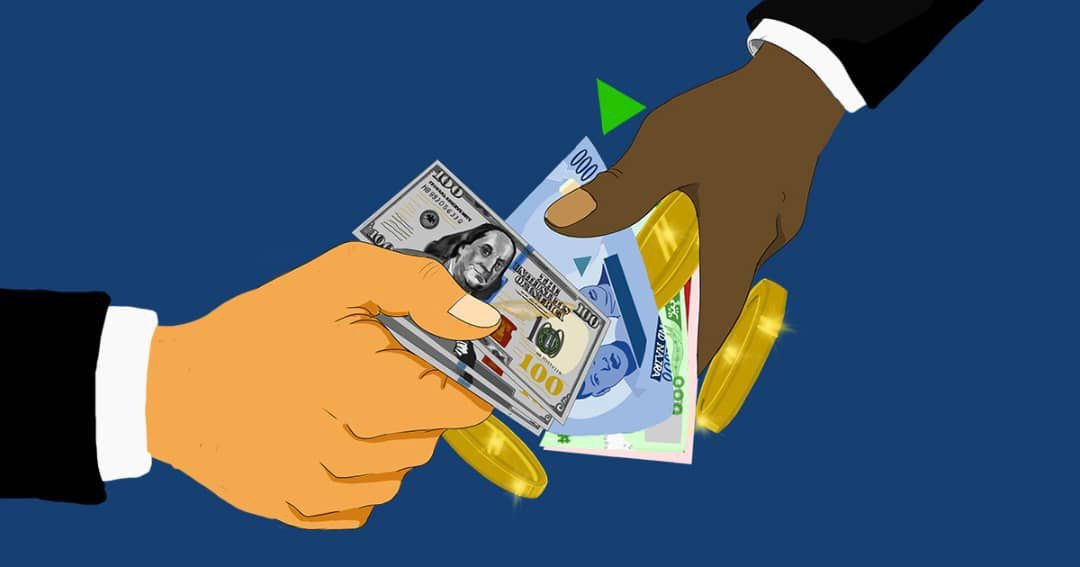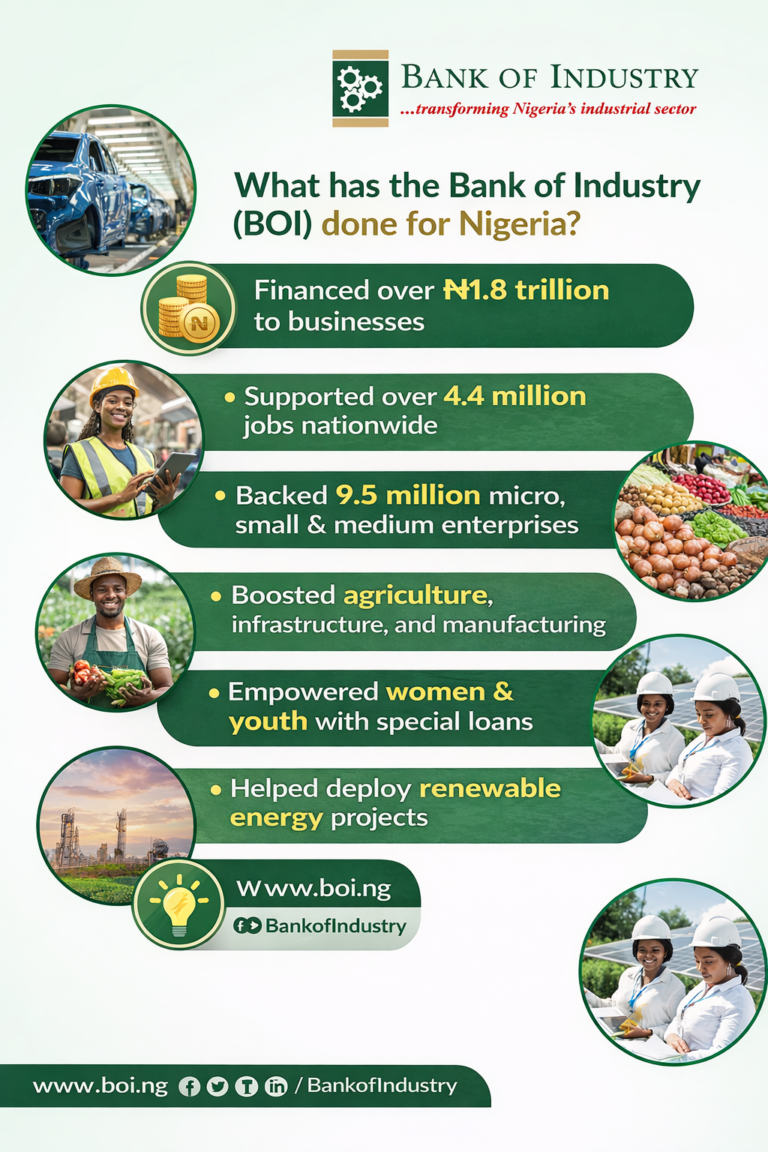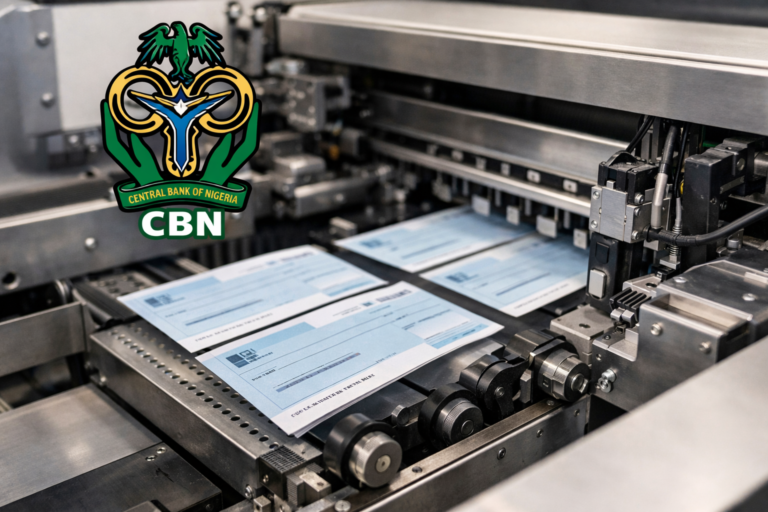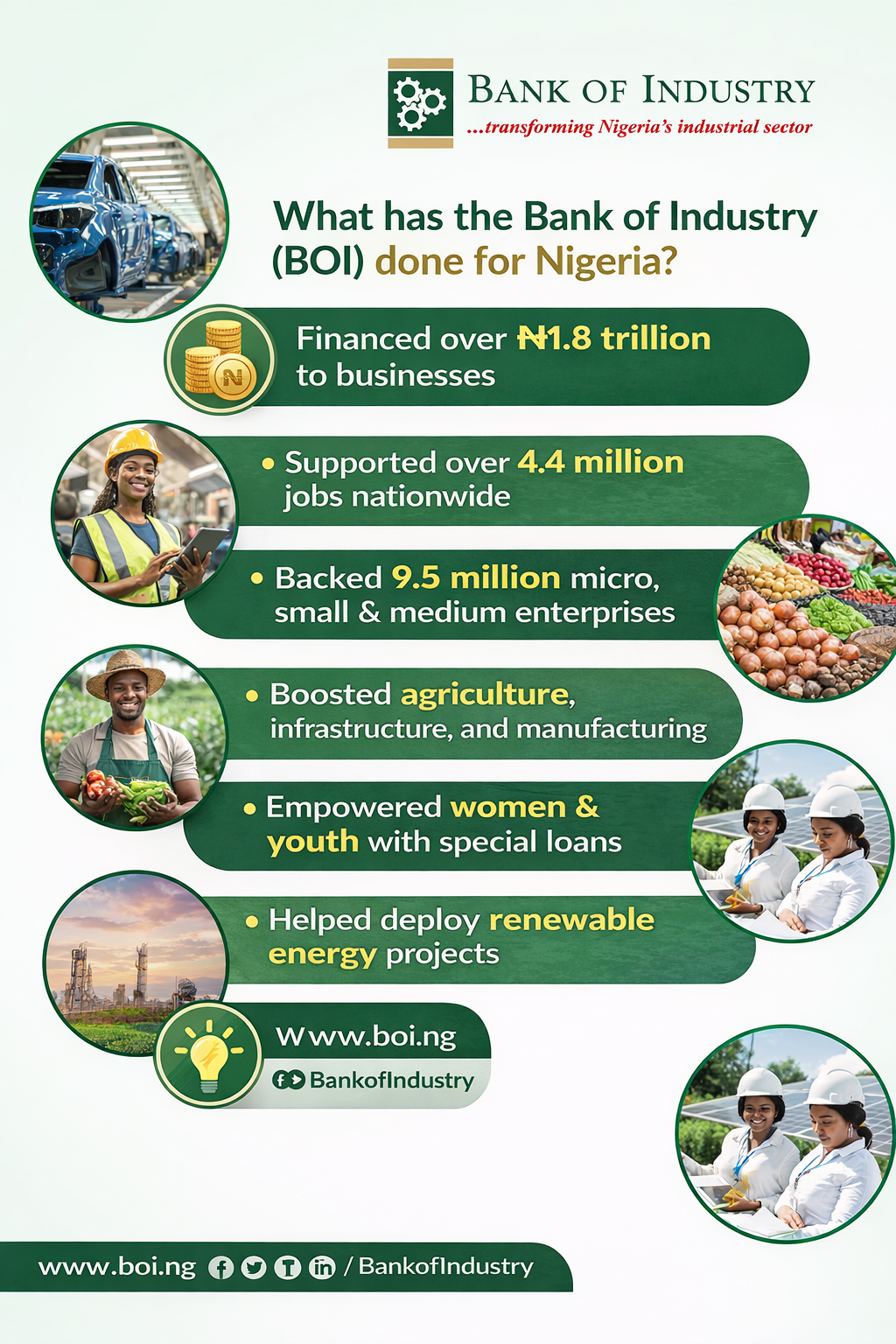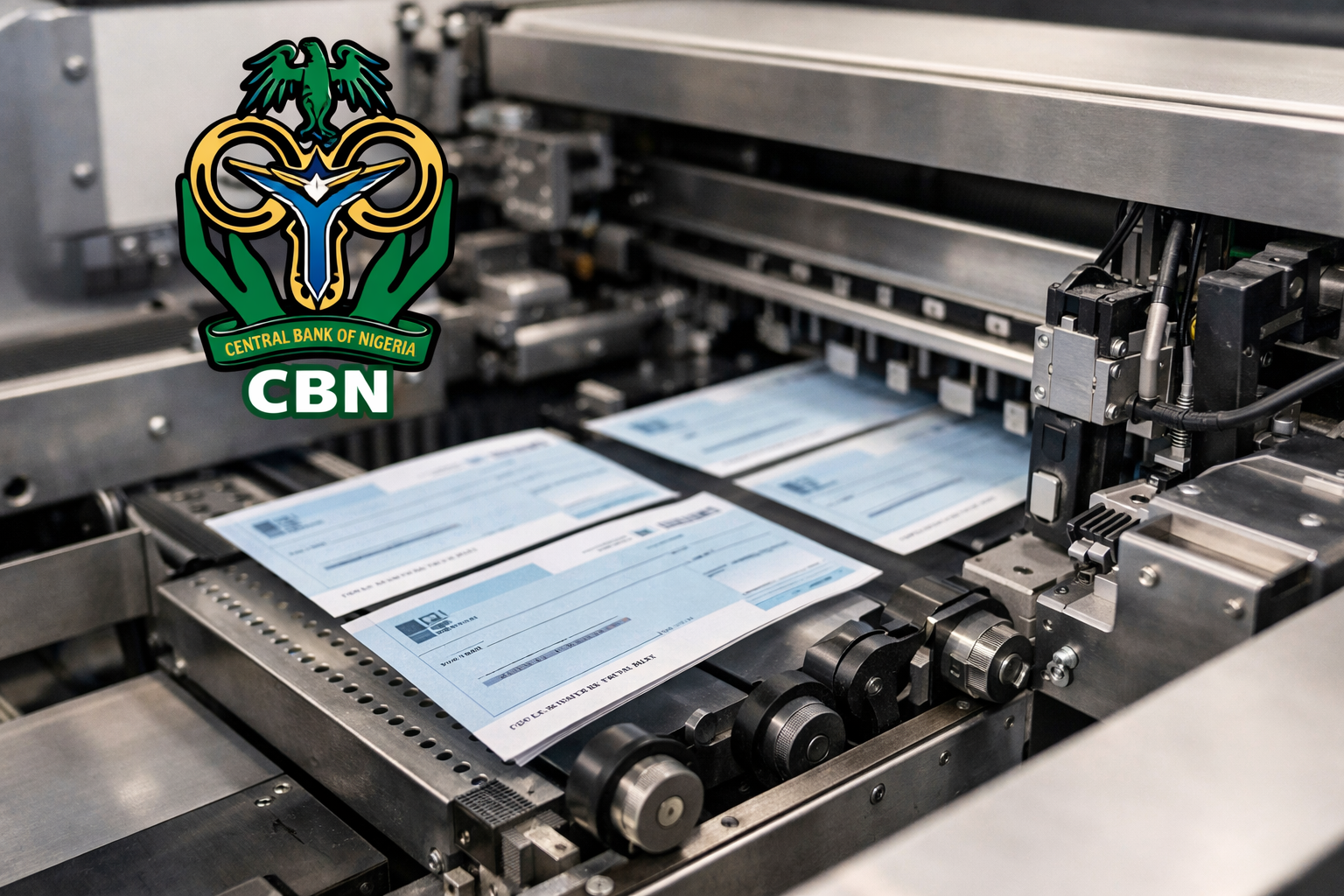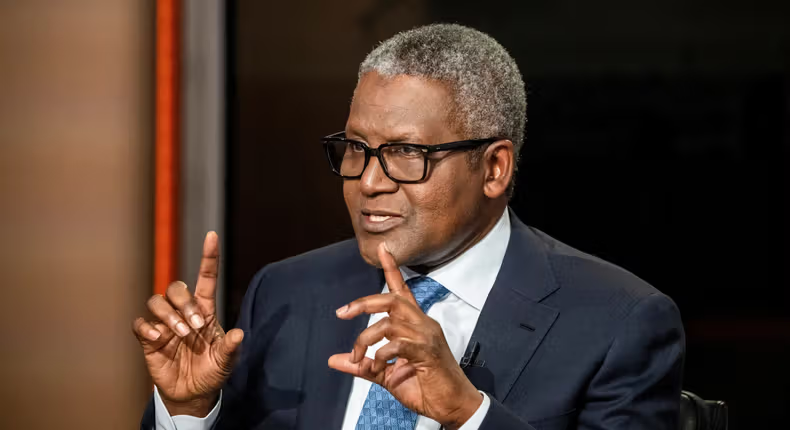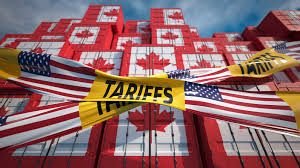Nigeria’s financial markets opened November on a weak note as the naira and equities slid following remarks by US President Donald Trump, who threatened possible military action against Nigeria over alleged religious persecution.
Data from the Central Bank of Nigeria (CBN) showed that the naira, which had earlier peaked at N1,421.73 per dollar, depreciated to N1,436.34 on Monday, marking a 1.03% daily loss.
The local currency also weakened on the parallel market, sliding to N1,455 per dollar as investors scrambled for safe-haven assets amid growing anxiety.
Also Read:
- Nigerian All-Share Index Breaks 150,000 Mark, Highest In Nigerian Stock Market History
- Dollar-Naira Exchange Rates Today (November 3, 2025): Naira Gains N40 Against Dollar to…
- Trump Advisor Calls For Establishment of US Military Base in Port Harcourt
- Trump Condemns Killings of Christians in Nigeria, Calls Nigeria Country of Particular Interest
The pressure reflected heightened foreign-exchange demand, a typical reaction to geopolitical uncertainty and fears of strained international relations.
Trump’s Remarks Ignite Global Concern
The selloff followed Trump’s comments on his Truth Social platform, where he labelled Nigeria a “country of particular concern” and directed the US Department of War to prepare for “possible action” if the alleged “Christian genocide” continued.
The statement drew global attention and ignited debate about the economic and diplomatic consequences for Africa’s largest economy.
Analysts say the move amplified investor fears of potential sanctions or trade restrictions, which could deter foreign investment. The uncertainty pushed traders and institutions to rebalance portfolios away from naira-denominated assets.
Stocks Slide as Investors Flee Risk
The Nigerian Exchange Limited (NGX) turned bearish as the All-Share Index dropped 0.25% to close at 153,739.11 points, cutting year-to-date gains to 49.37%.
Market capitalisation declined by N245.88 billion to N97.58 trillion, driven mainly by selloffs in Aradel Holdings (-9.21%) and Access Corporation (-3.07%).
Investor sentiment remained gloomy, with 38 losers versus 19 gainers. Union Dicon led gainers with a 9.93% rise, while Honeywell Flour Mills topped decliners, falling 10%.
Trading volume and value plunged by 87.94% and 44.64% to 627.5 million units valued at N25 billion, with United Bank for Africa accounting for over 21% of total trades.
The downturn hit most sectors, with Oil & Gas (-3.94%), Commodities (-1.85%), Insurance (-1.48%), and Banking (-0.22%) all posting losses, while Consumer Goods inched up 0.49% and Industrials held steady.
The performance reflected cautious trading and portfolio rebalancing.
Nigeria’s Eurobond yields climbed by five basis points to 7.70%, as Cowry Assets Management attributed the weakness to global risk aversion and uncertainty.
According to Bloomberg, Nigeria’s dollar bonds were the worst performers among emerging markets, with the 2047 note falling 0.6 cents to 88.26 cents before recovering slightly.
Analysts Urge Calm and Policy Stability
Despite the turbulence, analysts see the downturn as temporary. “This appears to be a mere blip,” said Tilewa Adebajo, Chief Executive Officer of CFG Advisory. “Closing prices in global markets today already reflect recovery. With Nigeria recently removed from the FATF Grey List, the market still offers strong long-term fundamentals.”
Experts suggest that restoring investor confidence will depend on measured diplomacy, transparency, and consistent macroeconomic policies from the Federal Government and the CBN. For now, markets remain watchful as investors await clarity on US policy direction and Nigeria’s diplomatic response.


